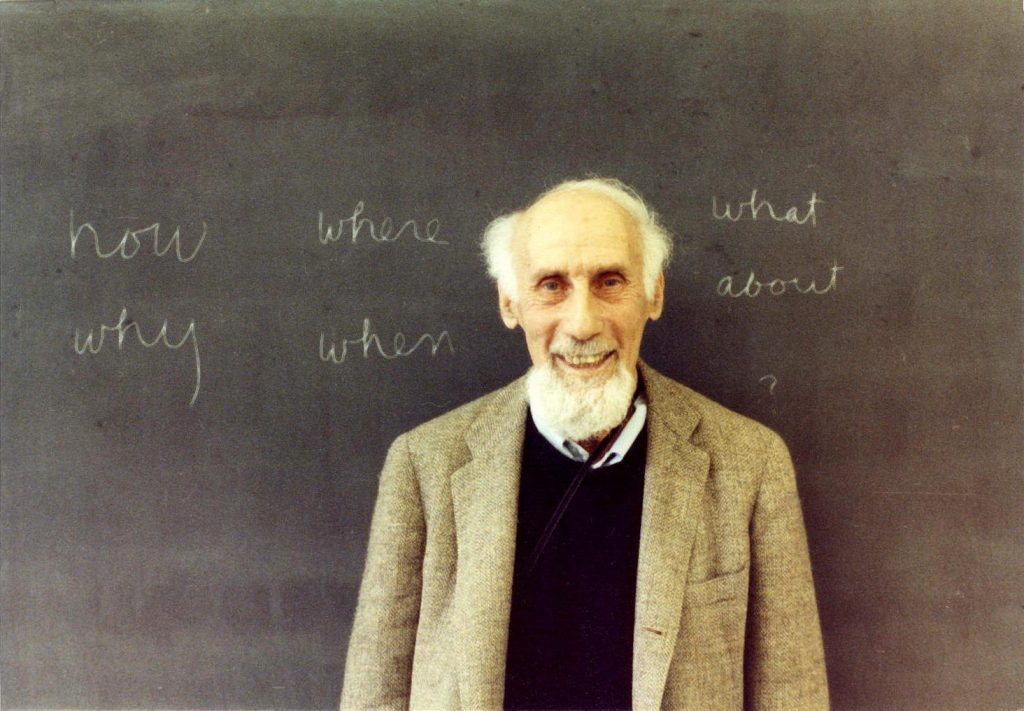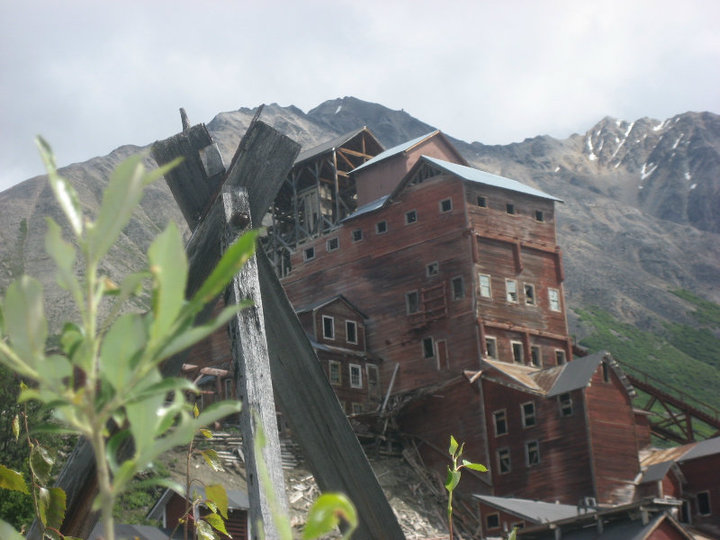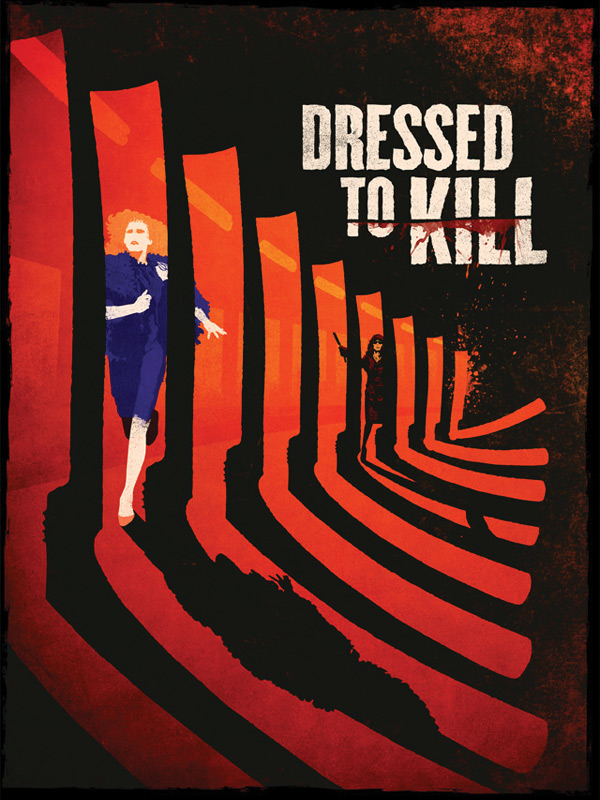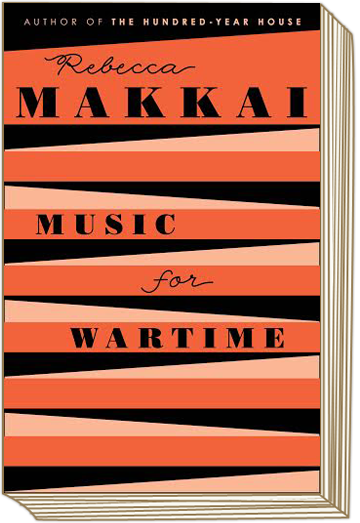Spices and Sleep: A Look Inside “Kebra Nagast”
For the next installment of my “Food and Sexuality” series, I’m going to remain on the African continent and travel over to Ethiopia so we can discuss Kebra Nagast, or “Glory of the Kings.” This literary text full of myth, history, allegory, and apocalyptic storytelling is thousands of years old and details the Solomonic line of Ethiopian kings from around 400 to 1200. The stories begin with Menelik, who was believed to be the son of King Solomon and Queen Makeda.
Spices and Sleep: A Look Inside “Kebra Nagast” Read More »









